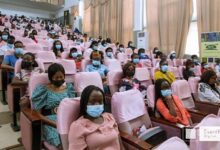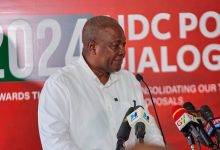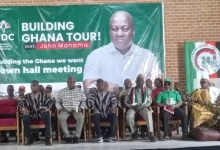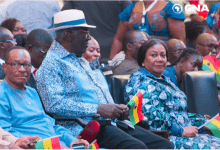
PThe United Nations Educational, Science and Cultural Organisation (UNESCO) on Tuesday organised a one-day workshop in Accra to design a framework to evaluate the progress member countries were making towards achieving the Sustainable Development Goal 4 (Target 5).
The SDG 4 (Target 5) states that, “By 2030, eliminate gender disparities in education and ensure equal access to all levels of education and vocational training for the vulnerable, including persons with disabilities, indigenous peoples, and children in vulnerable situations.”
According to UNESCO there was no broadly accepted evaluation framework to inform member states on where they stand, where they are and how they could accelerate or consolidate their progress towards the achievement of the SDGs especially SDG 4.
The workshop which was also a platform to evaluate Ghana’s performance in achieving the SDG 4 (Target 5) was attended by stakeholders in the educational sector including representatives from the United Nations, Department for International Development (DFID), Ministry of Gender, Children and Social Welfare, among others.
Deputy Minister of Education, Dr Yaw Osei Adutwum, speaking at the workshop said Ghana was progressing steadily due to some policies implemented to improve gender parity in the country but there was no sure way to say that they were making great strides.
“The unavailability of data centres is a major roadblock to knowing the progress the country is making in achieving SDGs, as this is key to showing what factors may be influencing gender parity and how government could address these issues,” he added.
Mr Adutwum hoped that after this workshop a global evaluation framework would be announced to help member countries know what policies they must implement to increase their progress of achieving SDG 4.
The UNESCO representative to Ghana, Mr Abdourahamane Diallo in his remarks commended Ghana for the strides it had made in improving gender parity in the country especially in the educational sector.
He added that although some policies were instituted Ghana still had lots to do in relation to people with disabilities.
He commended Ghana for participating in the Voluntary National Review (VNR) report and hoped that the outcome of the workshop would help in fine-tuning the ways Ghana can improve upon gender parity especially in education.
BY FREDERICK GADESE-MENSAH AND ALBERTA BRONI







